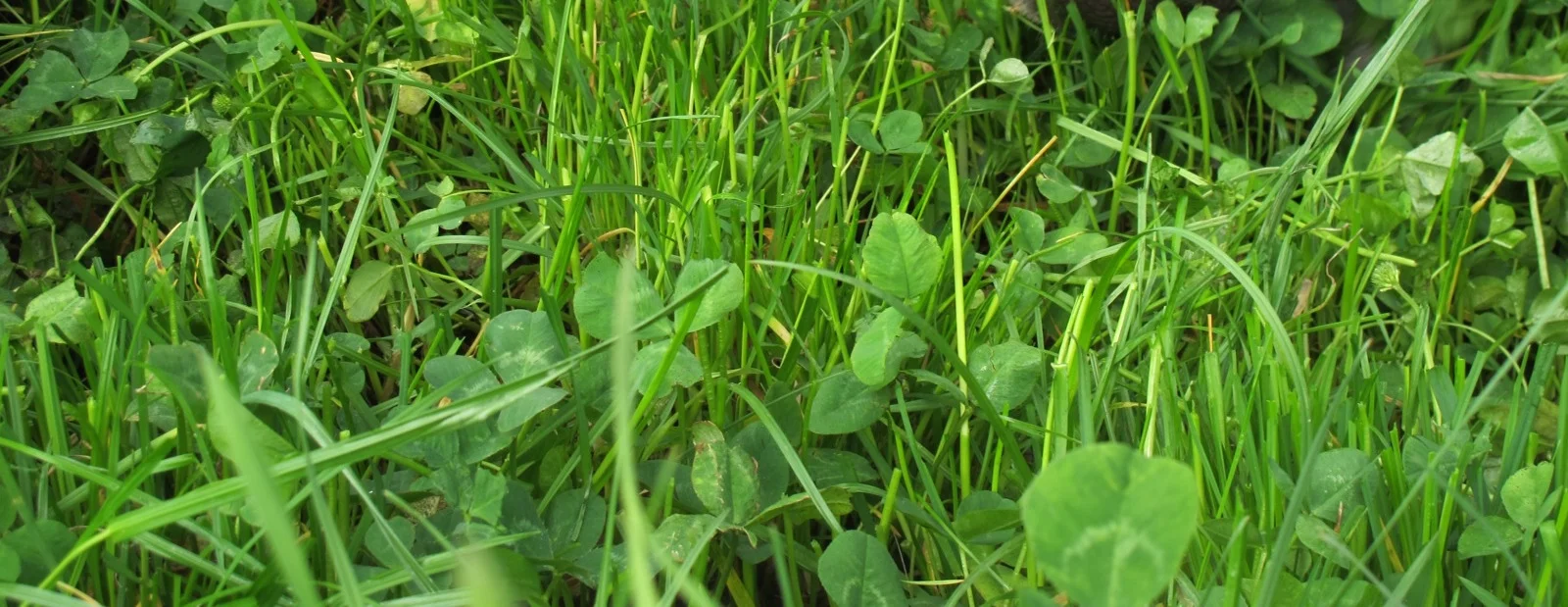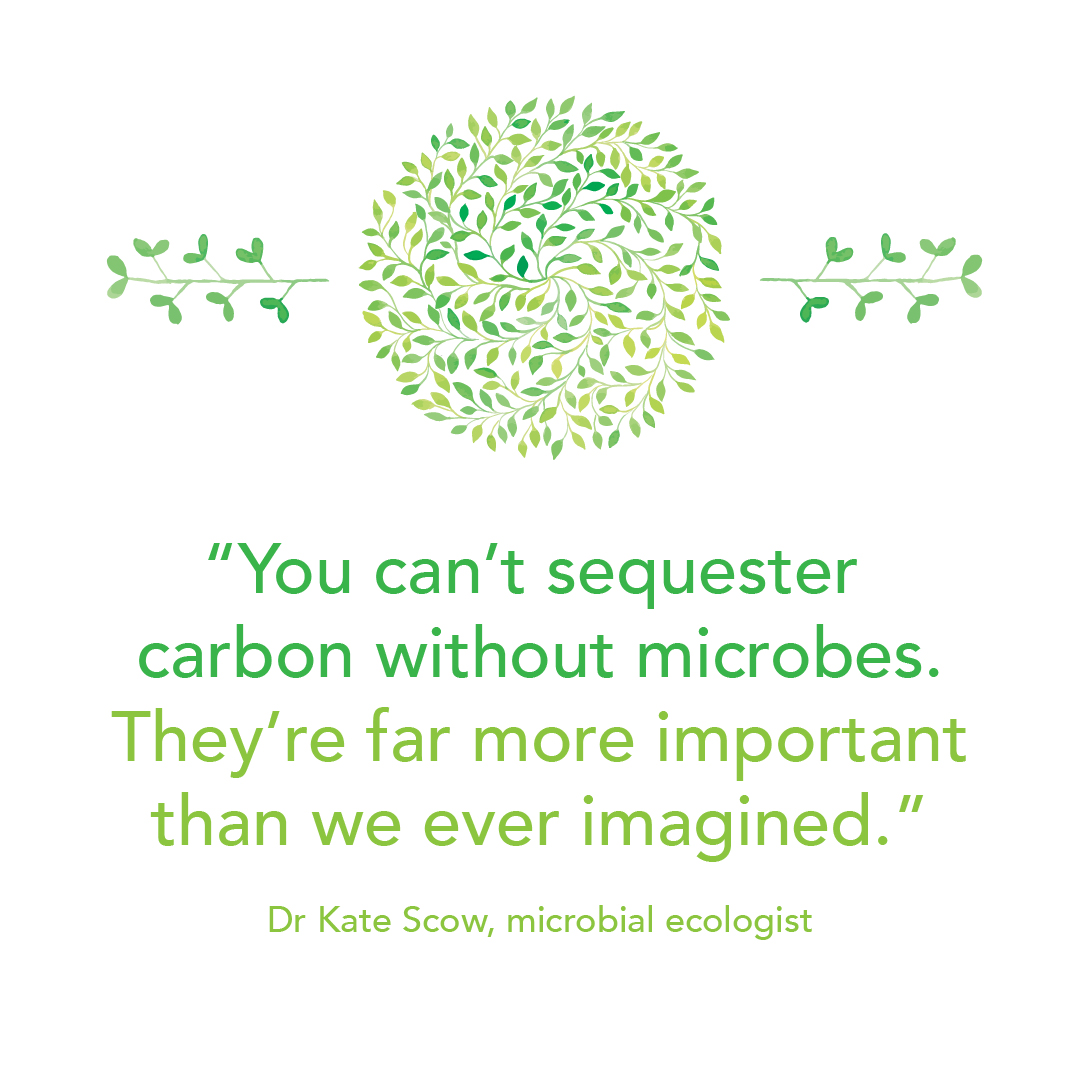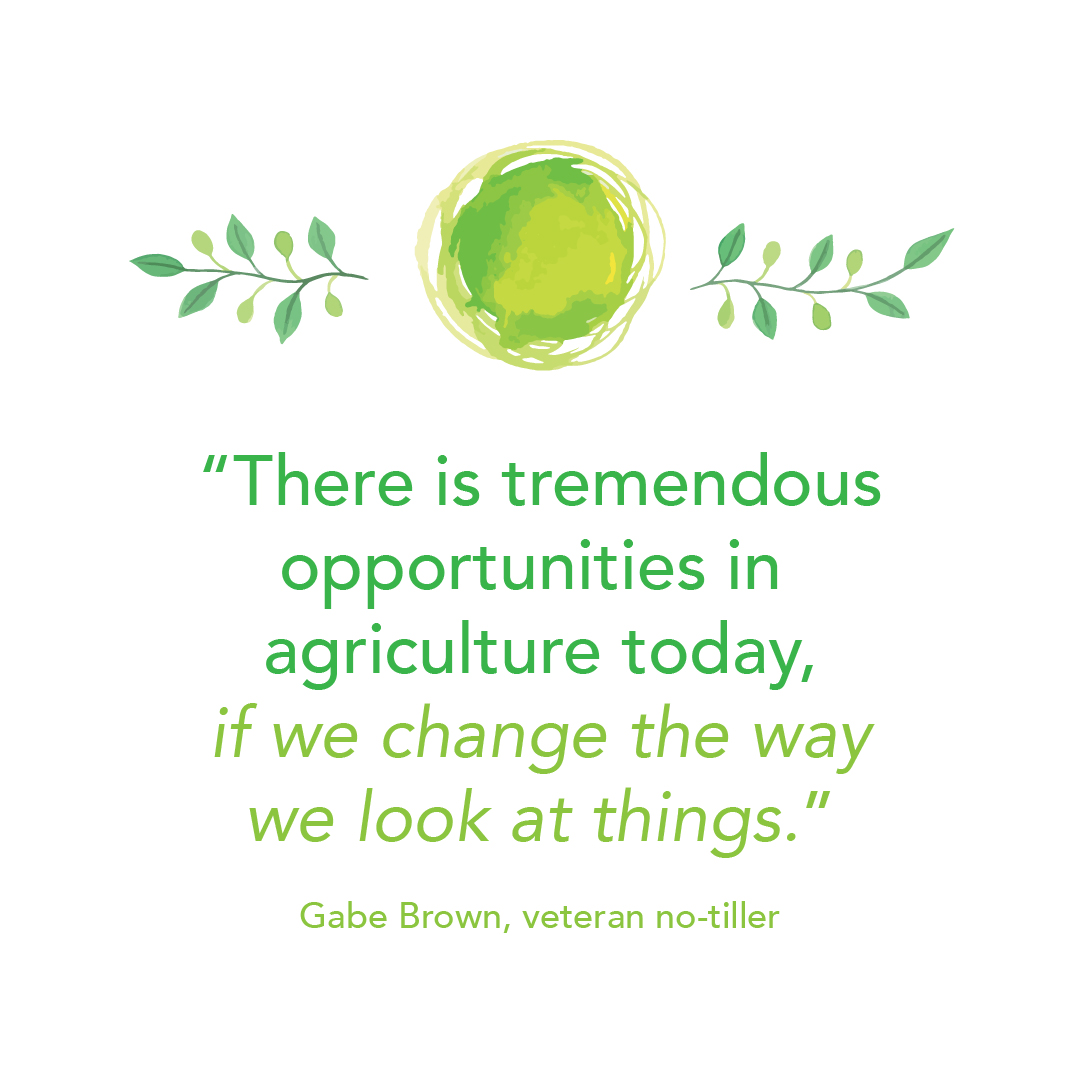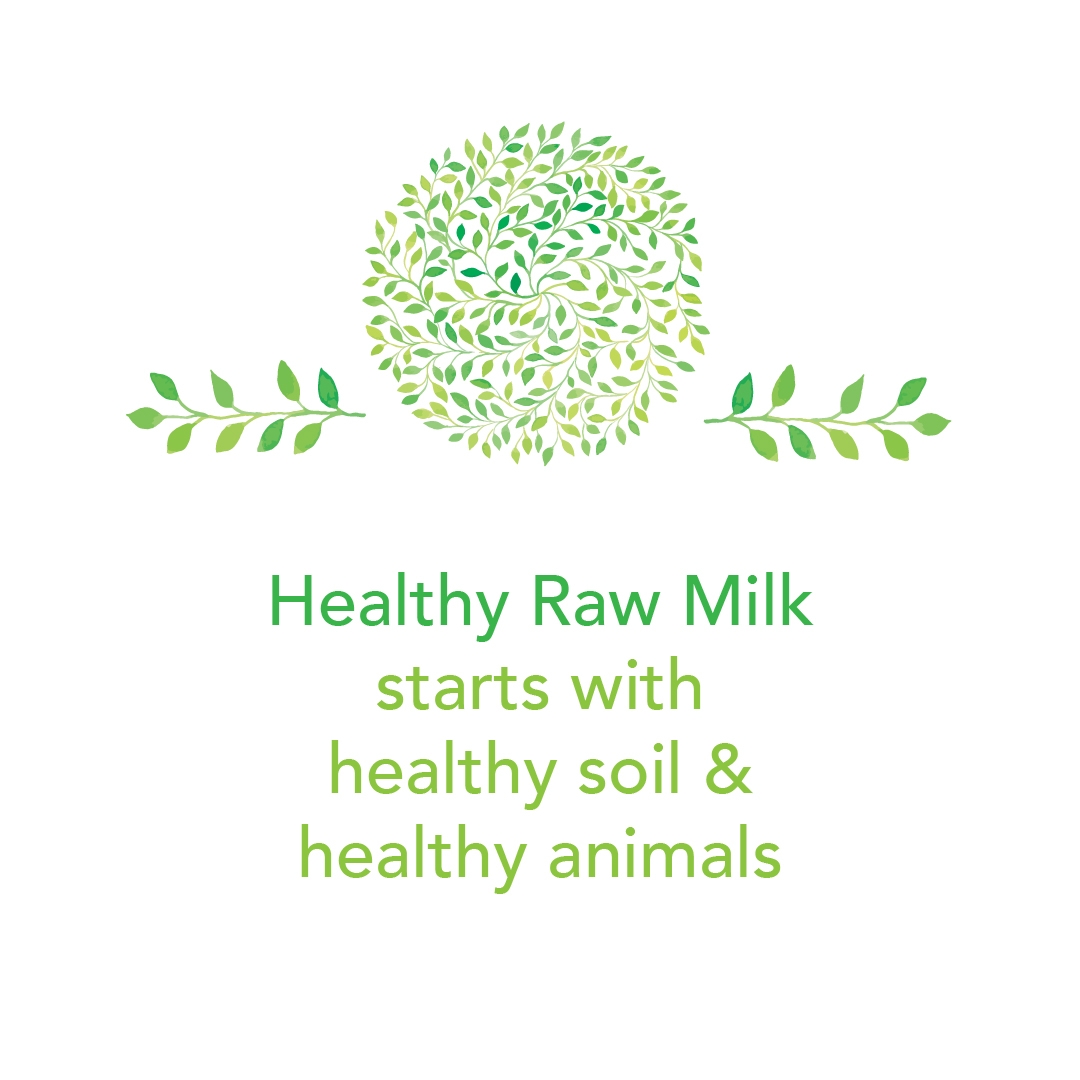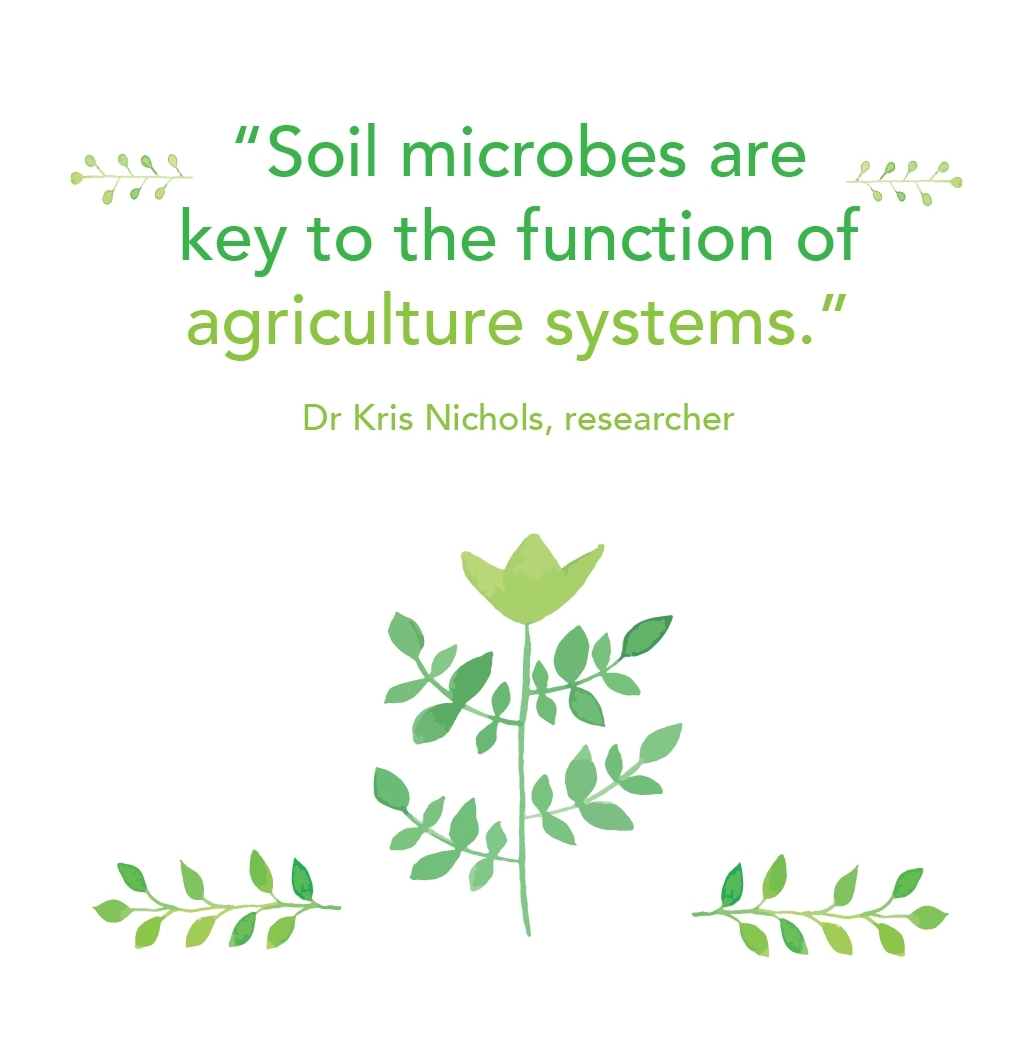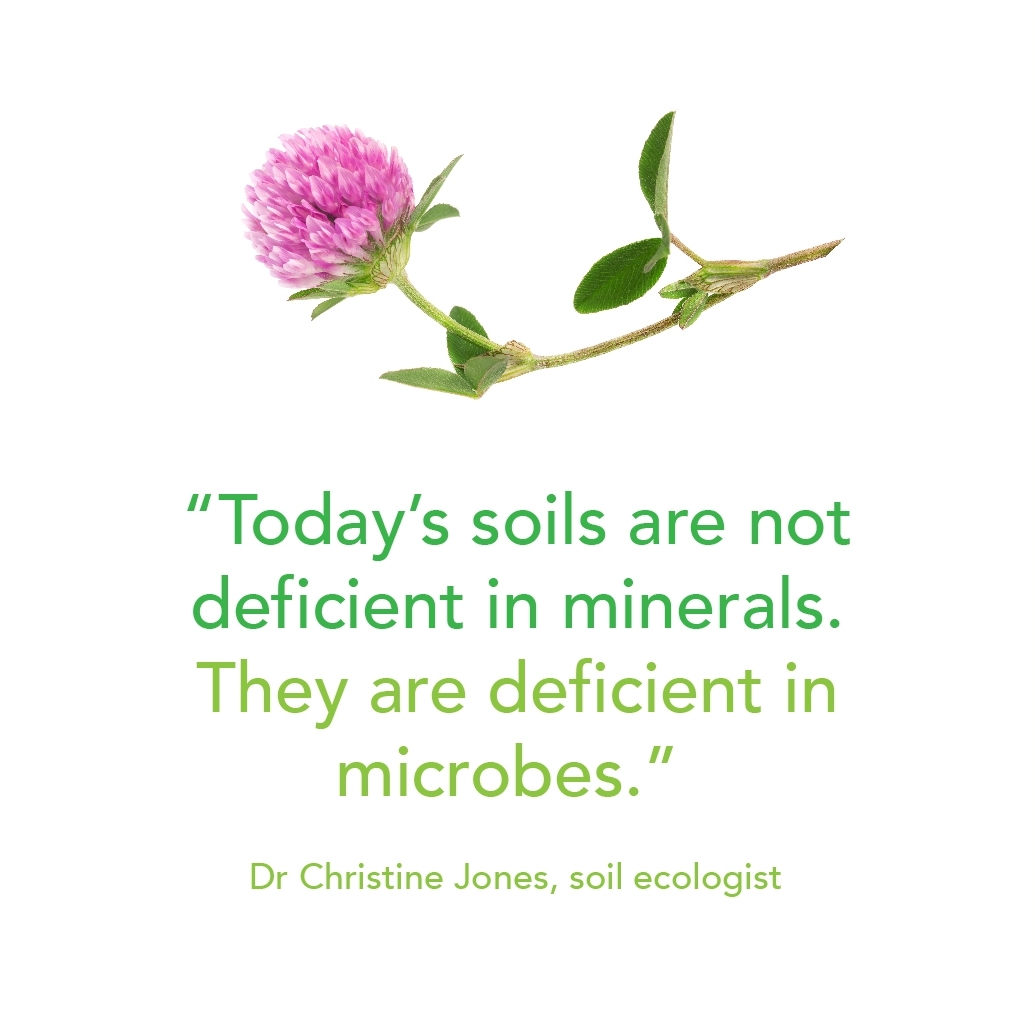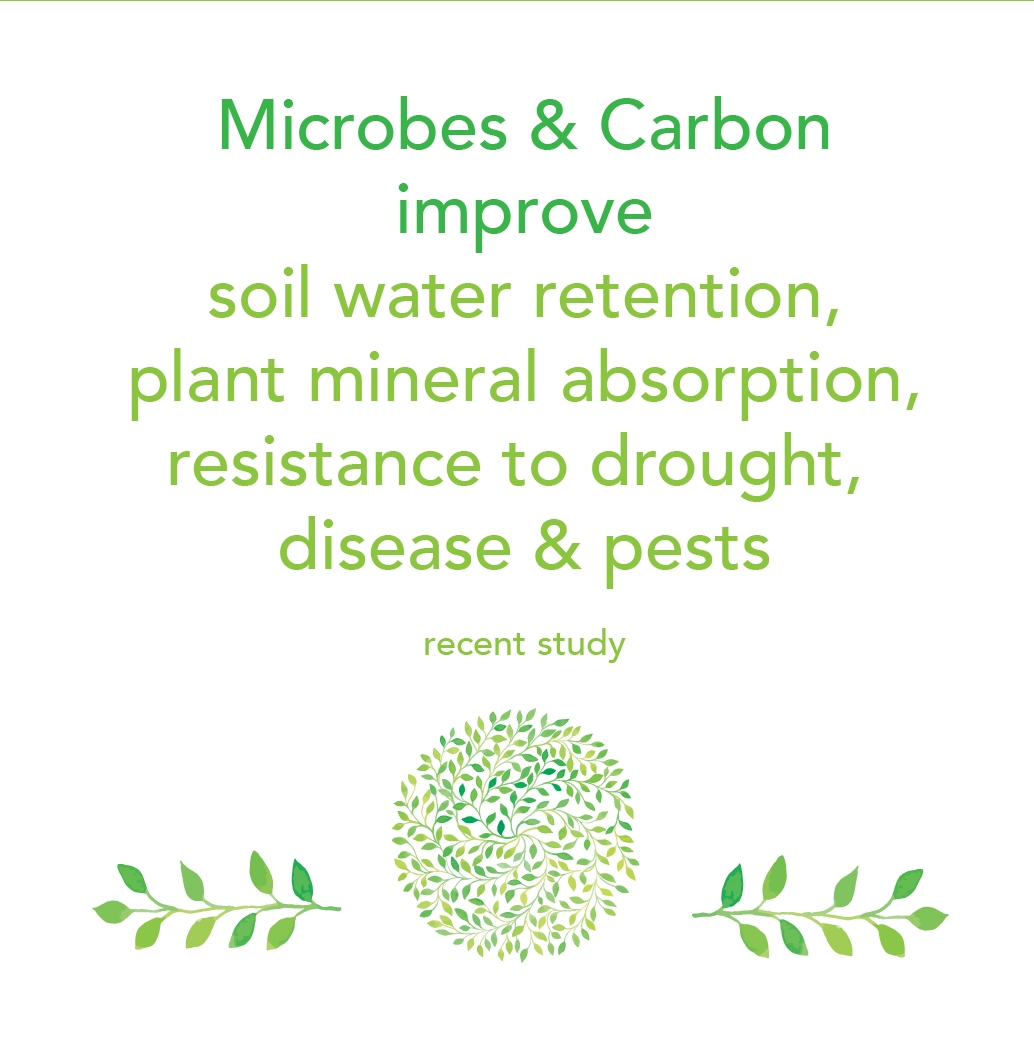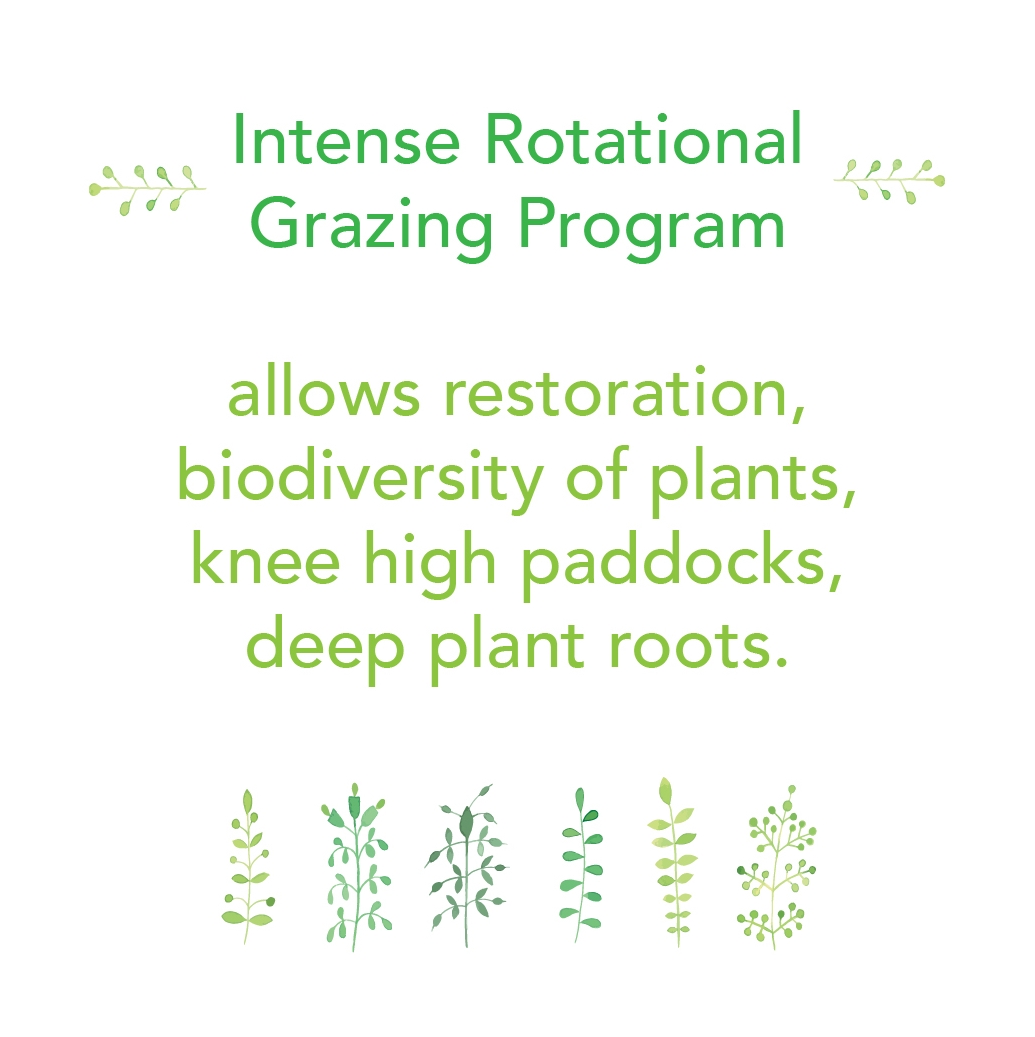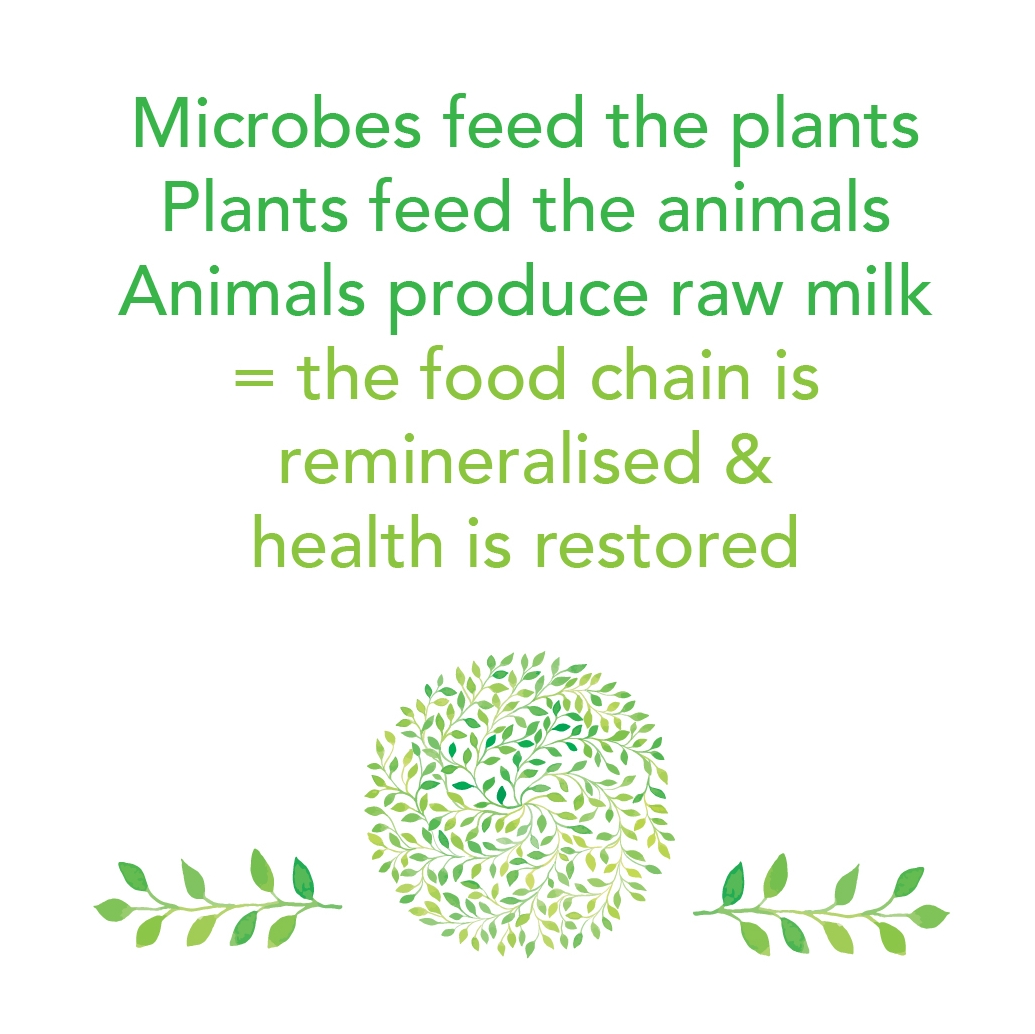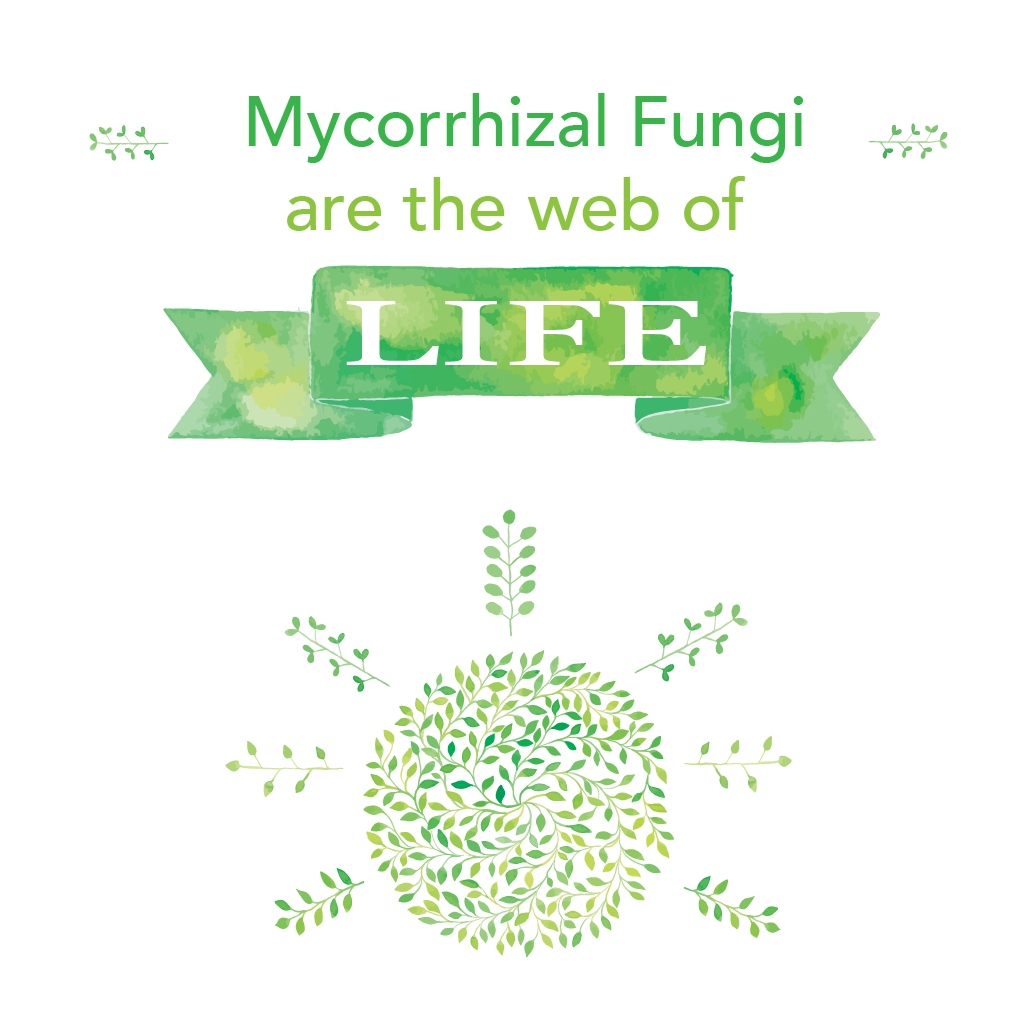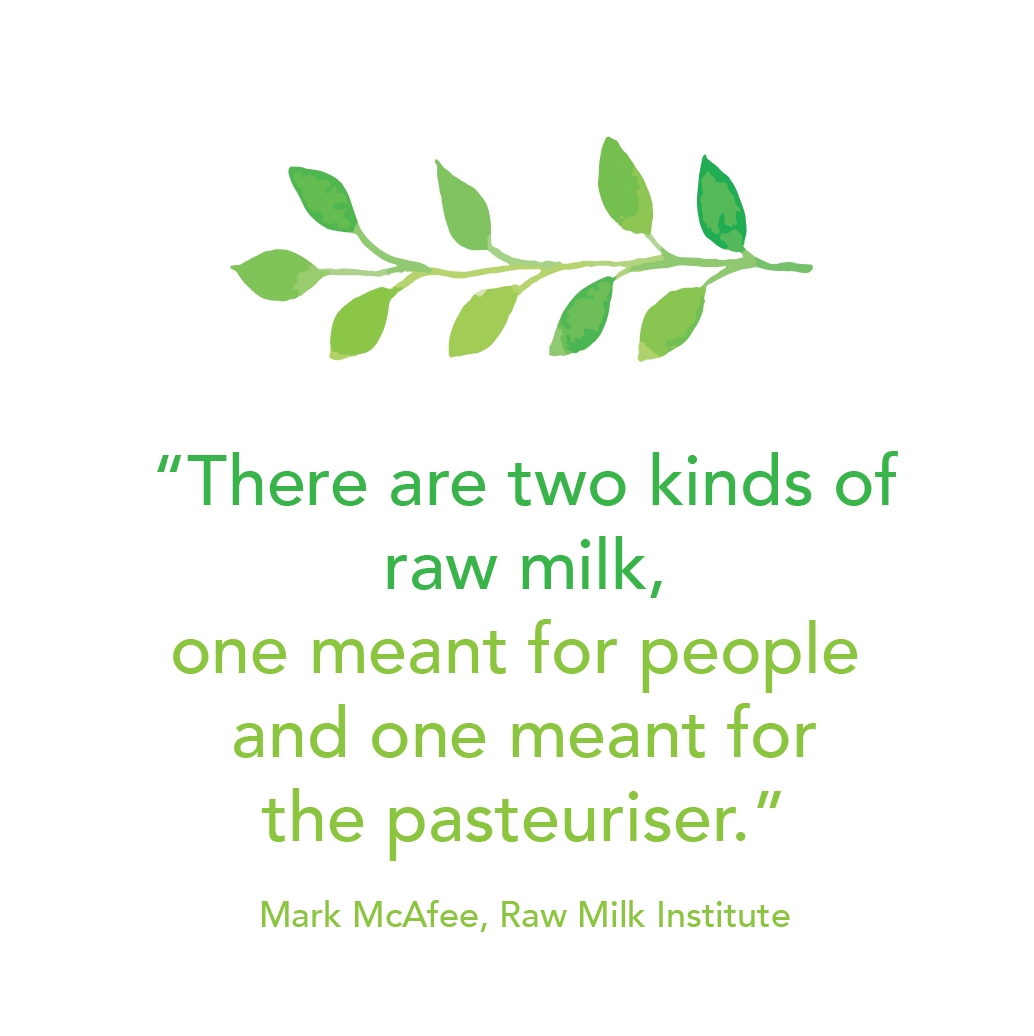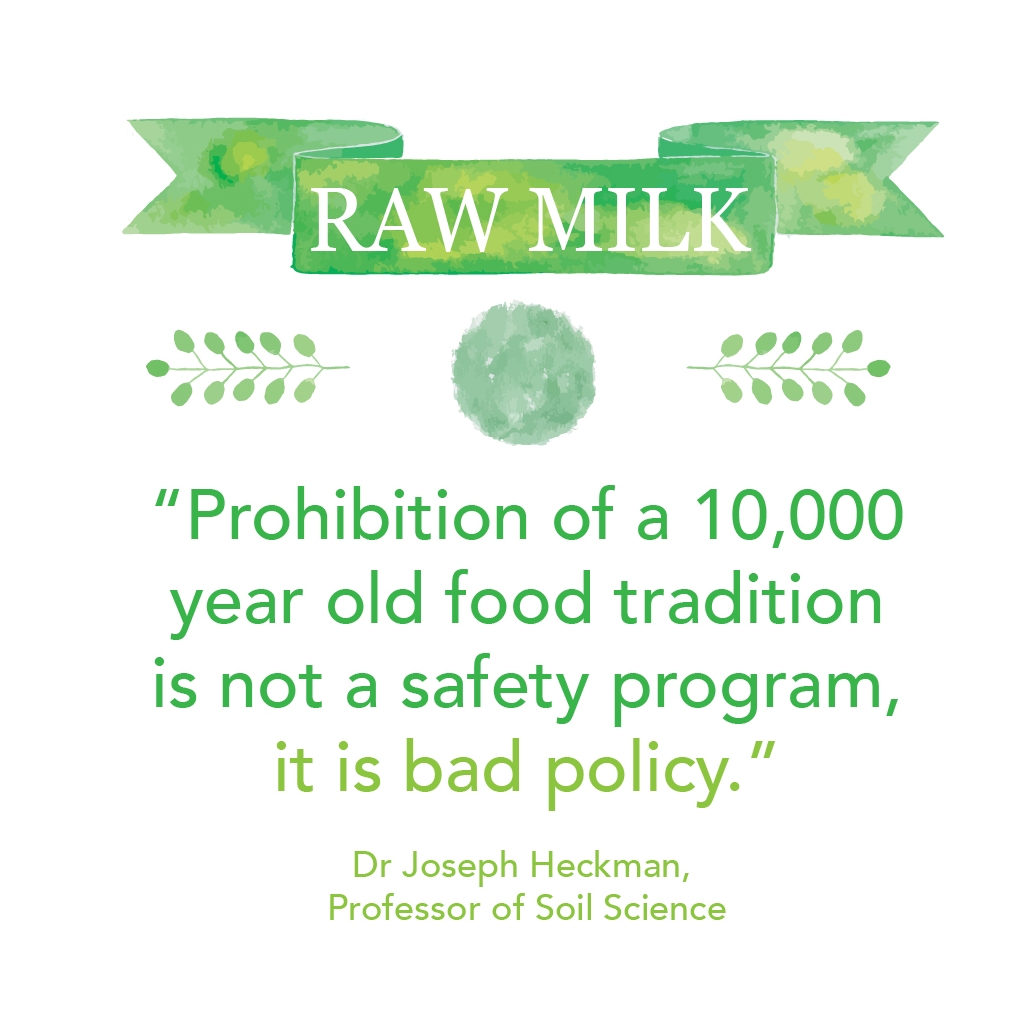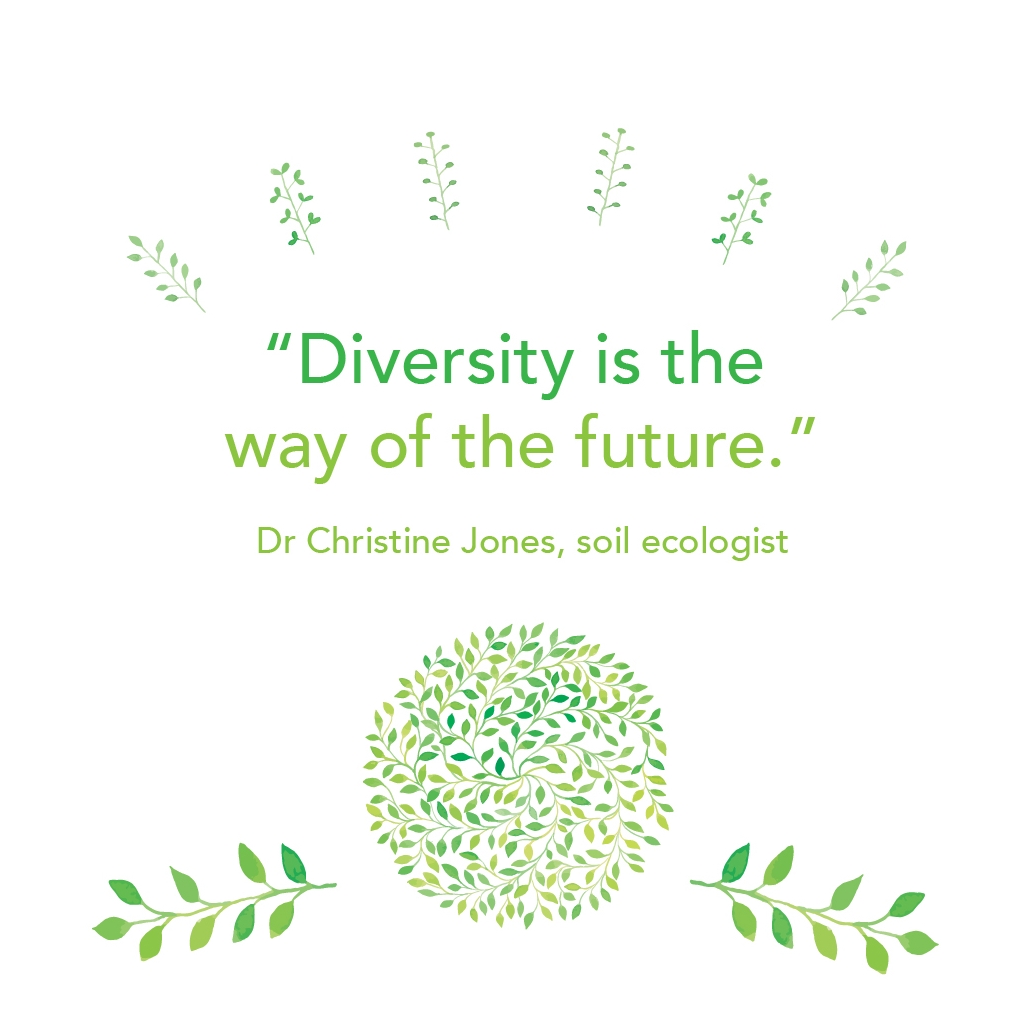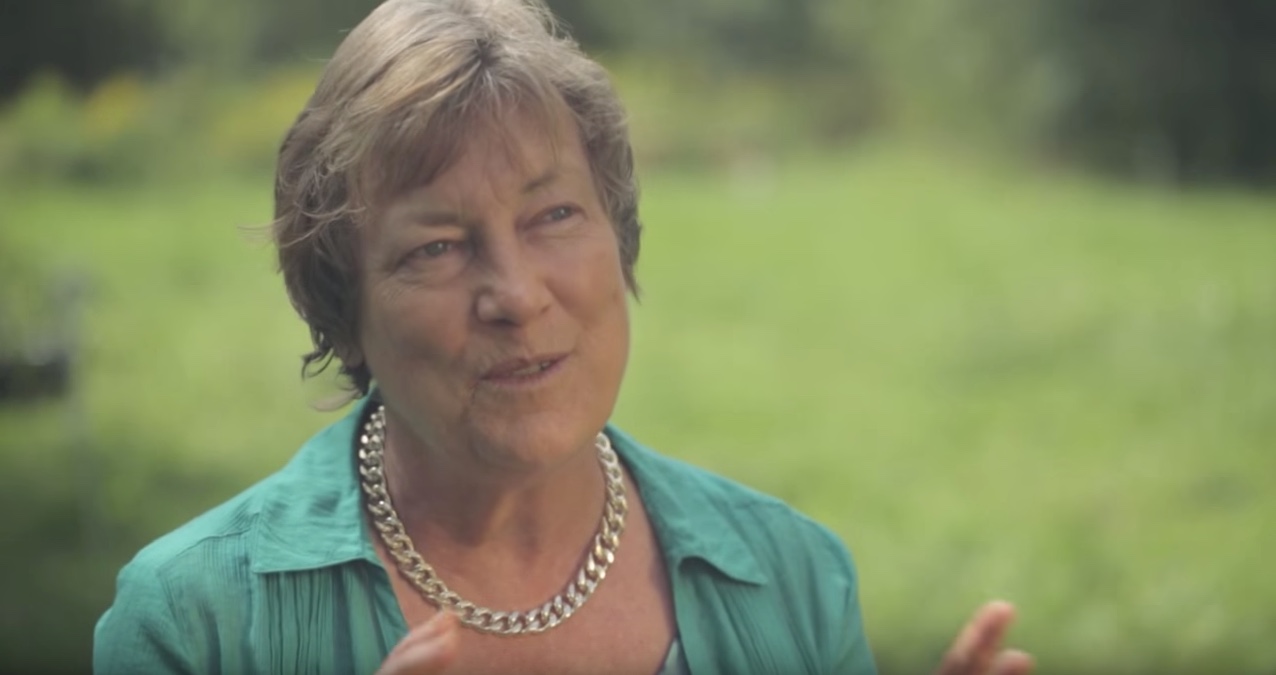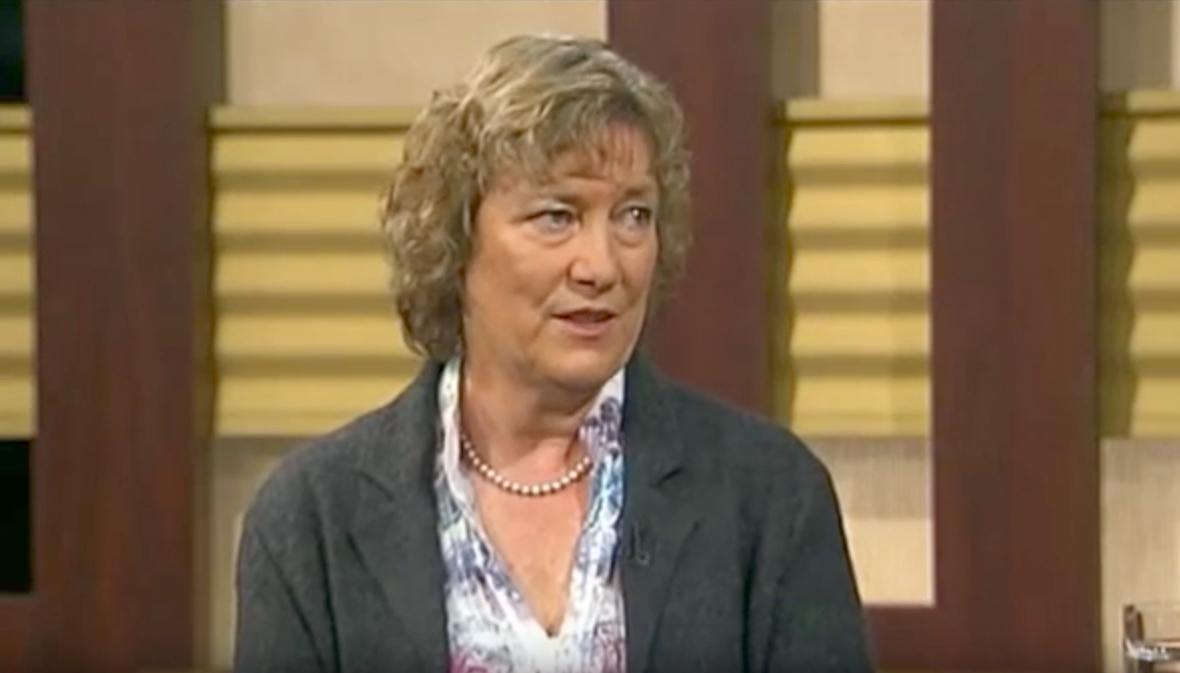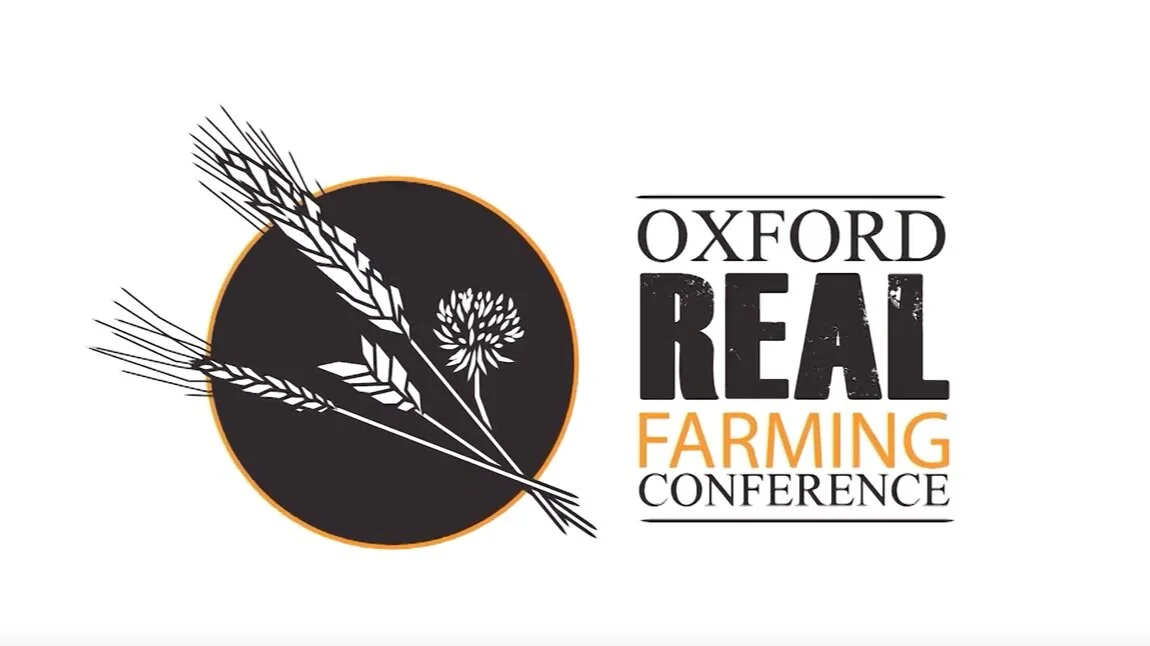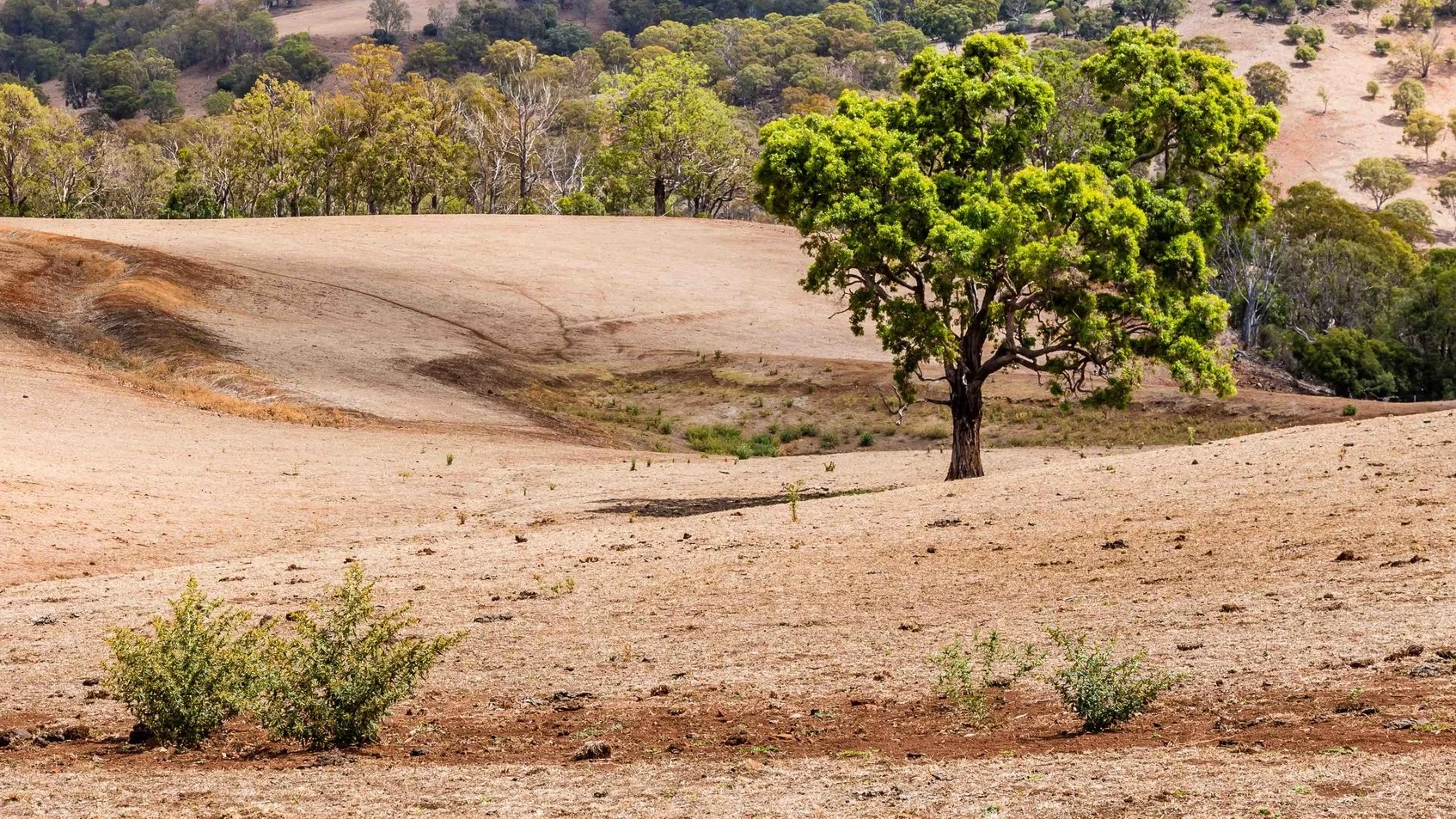Australian soil ecologist Dr. Christine Jones
is internationally renowned with a PhD in Soil Biochemistry (bio). She has been called The Carbon Goddess. She has a wealth of experience working with innovative landholders to implement regenerative land management practices that enhance biodiversity, increase biological activity, sequester carbon, activate soil nutrient cycles, restore water balance, improve productivity and create new topsoil. Christine has organised and participated in workshops, field days, seminars and conferences throughout Australia, New Zealand, South Africa, Zimbabwe and the USA and has a strong publication and presentation record. Her work is also admired in the UK where there is a raw milk industry and a strong organic dairy industry.
"Soil is the foundation for everything. Human lives depend on getting this right."
After doing research on the internet, it was disheartening to learn that Christine's genius was not well received in the early days. In 2005 she organised what is thought to be the first soil carbon conference to be held anywhere in the world (source). It (and the three that followed) seems to have been boycotted by the establishment; who were in favour of chemical fertiliser. She is still worried by the naivety of some in science in regard to soil. "The importance of microbes has been forgotten, as has the importance of cows.” Fortunately her teachings are very well received overseas and many in the raw milk movement regard her maverick. Article: Loss of microbial gut diversity a threat to health?
Restoring global soil quality is one of the best things to do for climate change
We hear a great deal about the need to decrease the carbon footprint. Many still don't understand what that means. See the video below for a great presentation featuring Dr. Christine Jones and Dr. Elaine Ingham.
Video: Fossil fuels, deforestation and industrial agriculture have released dangerous amounts of carbon into the atmosphere. We can store and stabilize large amounts of carbon where it belongs - in the soil. Soil scientists, Dr. Christine Jones and Elaine Ingham share farming and land management methods that will return carbon to the soil - and keep it there - for healthier crops, more resilient farms, and less extreme weather. Video by NOFAMASS
Nutrient-dense food
In 2010 Christine did an interview with New Zealand One Rural Delivery and made it clear that soil ecology is the basis for a high nutrient-dense food and an antidote to modern day diseases. She said:
"We now have the lowest nutrient density in our food than we've ever had at any time in history and we can relate that to what is happening health wise."
"I can't give you figures for New Zealand, but in Australia our health bill is now running in the hundred billion dollars and it is eight percent of our GDP, which is far higher than its ever been. I suppose in practical terms I could say that our hospitals are over-filled. Basically the health system is crashing." To which the presenter asked: "what has that got to do with carbon?" Dr. Christine replied:
"...Most of the diseases are nutritionally related so that things like cancer, cardiovascular diseases, diabetes are related to the fact that we do not have the trace elements in our bodies that we need for our immune systems to work. The reasons why we do not have the trace elements is because our soils are not functioning anymore..."
Listen to her interview below for the full story.
Video: Christine Jones has been presenting seminars to farmers around Australia highlighting the importance of 'biological farming' as a way of increasing soil fertility. Thereby improving the mineral content and health benefits of all plants grown for food; be they for grazing animals or fruit and vegetable for humans.
In this document Christine explains her 5 essential principles for soil health:
The power of photosynthesis
Microbes matter!
Diversity is not dispensable
Limit chemical use
Avoid aggressive tillage
Christine also says that around 85 - 90% of plant nutrient comes from nutrient cycling between plants and microbes. This proves that nutrient cycling should not be hindered because the health of plants, animals and humans depend on it. She says "only plants and their associated microbes can make topsoil fertile - and a diversity of plants and microbes makes it even better." Animals producing for the raw milk market need all the minerals and trace elements via nutrient cycling for robust health and resistance to bacterial infections. Many modern farming methods hinder nutrient cycling.
Healing our soils with micro dairying and raw milk
Christine has been travelling Australia speaking with farmers and politicians about soil health for many years. Many benefit from her work. However it seems not all farmers are able to implement it fully and benefit. Many in the dairy industry remain locked in a profit and shortcut driven stranglehold. Think Go Big or Get Out. Consider the increase of problematic issues like overgrazing and manure lagoons that threaten the ecosystem. There are many examples that show the current system do not benefit small-scale, family owned and operated farmers anymore. It's not sustainable for the land either because it too suffers under the profit driven approach.
Micro dairying and producing raw milk for human consumption are the perfect alternatives to heal our soils. These can enable dairy farmers to make a good living producing a product that is in demand and a product that rely on having healthy soil. There are many overseas examples showing that this is profitable and practical. Christine Page is a dairy farmer from South Shropshire in England who make a decent living with her seven Jersey cows and fantastic regenerative land management. She and others in the global raw milk community are truely able to apply the wisdom of Dr. Christine's work.
The largest raw milk dairy in the USA is in California. Mark McAfee from Organic Pastures dairy (who was in the news recently) speaks about how dairy farmers can help fight climate change in this video. He says the wonderful bio-diversity of the soil is enhanced by cows and from that we get the gift of raw milk. Raw cheesemakers from Jasper Hill Farm explain why they farm for microbes in this article.
The dairy industry in Australia need a solution to enable it to convert to biological and more sustainable farming to thrive too. The answer is obvious.
We need legislative change that allows for the production, sale and distribution of raw milk for human consumption. A fair and direct farm-to-consumer system that allows farmers to produce the nutrient-dense food consumers are begging for.
For additional reading: see The Grass-fed Raw Milk Revolution or learn about why supermarket food is devoid of the beneficial bio-diverse microbes that scientist say we need in this article. For those who are concerned about raw milk consumption; read this article.
For more information about how dairy farmers can remineralise their pastures, see the Farm and Land Conditions category of the Risk Identification and Risk Reduction Program:
Australians really care about restoring the land
The three clips below feature Glenn Morris, who was a Bob Hawke Landcare Award finalist late last year.
Related Articles:
Landline: Ground Control with Dr. Christine Jones
Soil carbon for sustainable communities
What's your beef? by Mark Whitaker
Inquiry into Soil Sequestration in Victoria is a formal submission made to the government of Victoria; it refers to research, other publications and more fully explains her ideas.
Dr Christine Jones (extended interview) soil carbon
Soil scientist Dr. Christine Jones and Elaine Ingham
Video: Dr. Christine Jones - An Australian perspective on managing rangelands for drought
Dr. Christine Jones East Gippsland Soil Carbon visit
Video: 2016 Bob Hawke Landcare Award finalist - Glenn Morris
2016 Bob Hawke Award Winner – Stephen Burgess, Queensland
Judith D. Schwartz - Cows save the planet
Interview with Judith D Schwarz
Scratching the Surface: Soil biology in agriculture, March 2017 - Walter Jehne
The Story of Dairy - The Savory Institute
Power Grazing 2017 - Pasture Promise TV
Loss of microbial gut diversity a threat to health?
Corporations Are Killing Our Best Partners In Fighting Starvation
